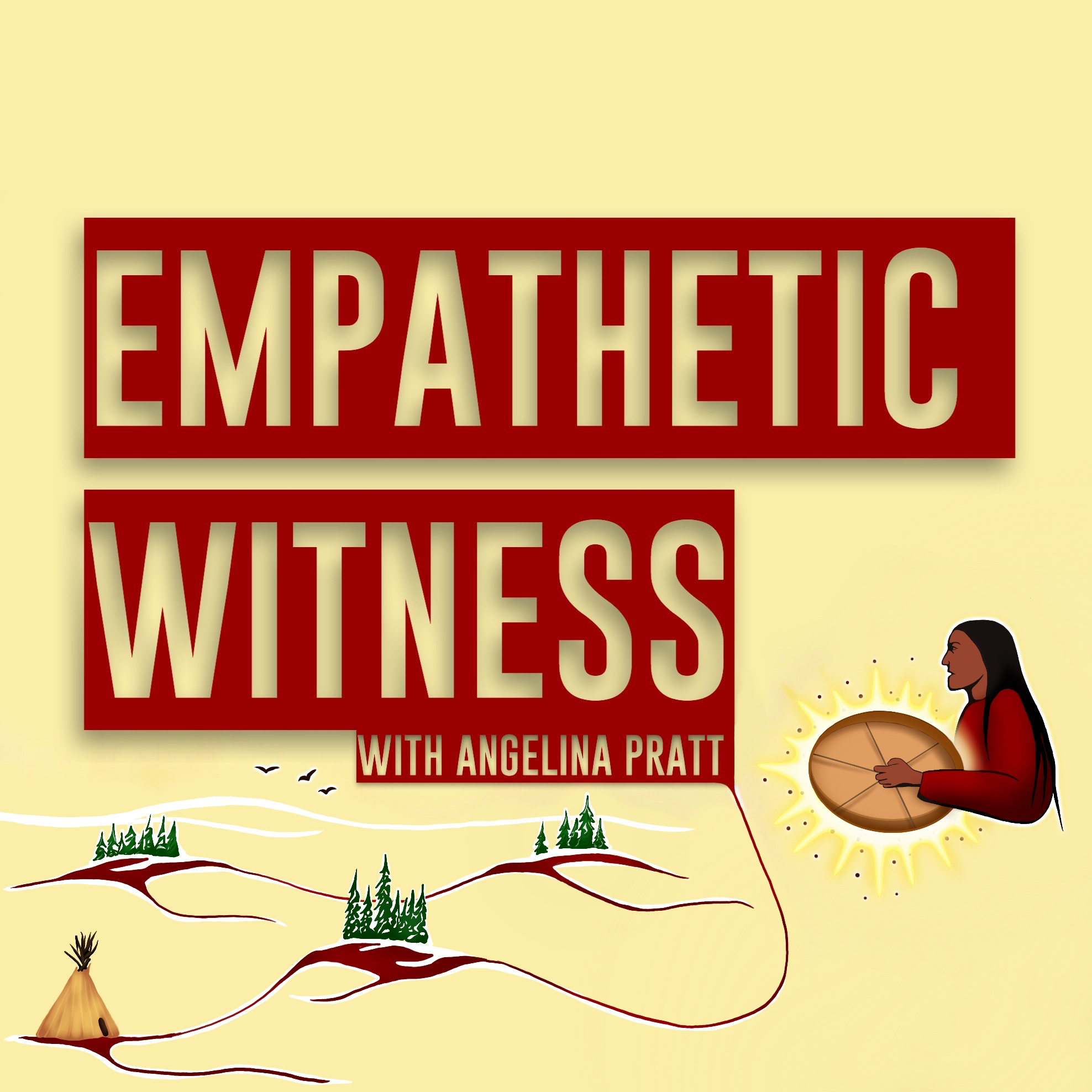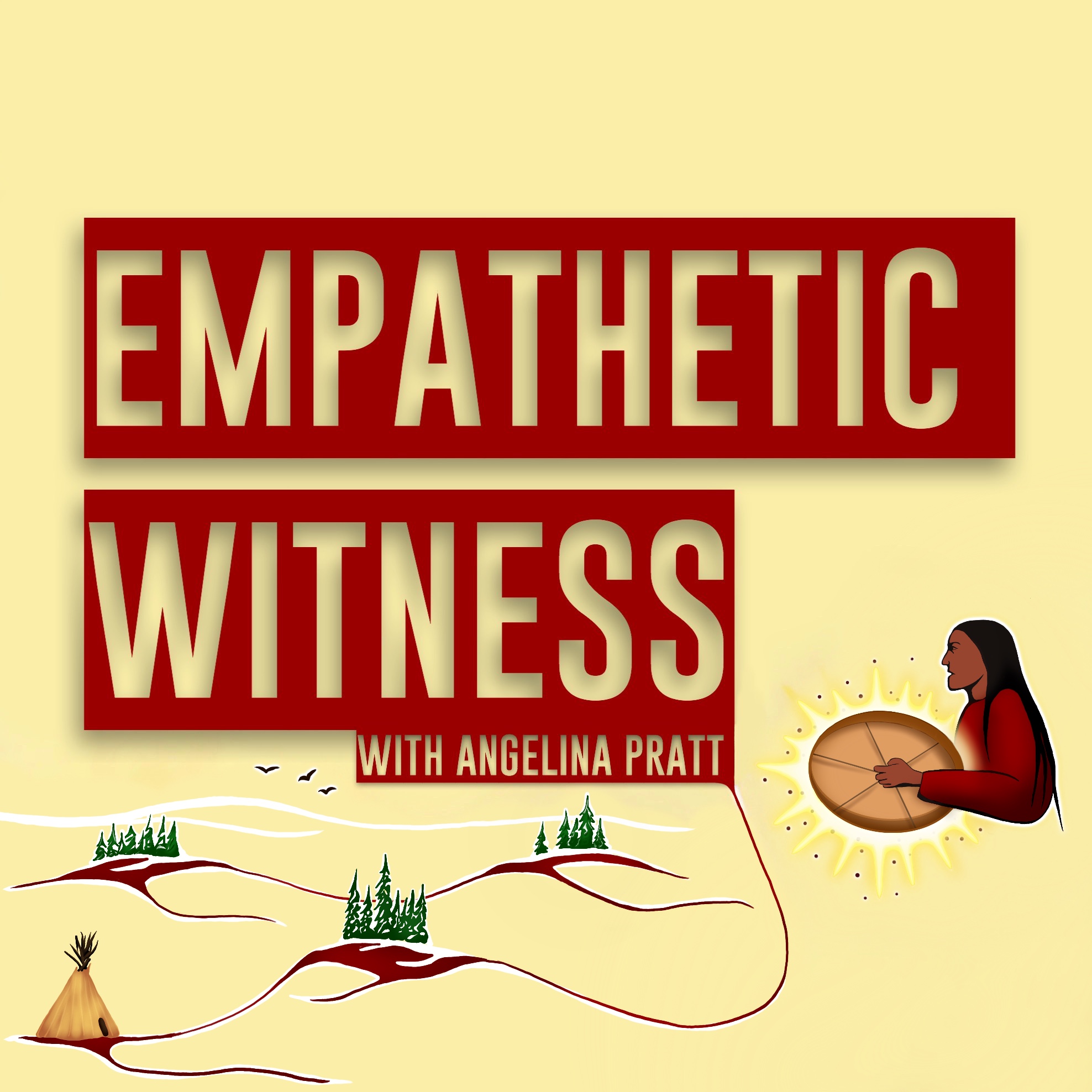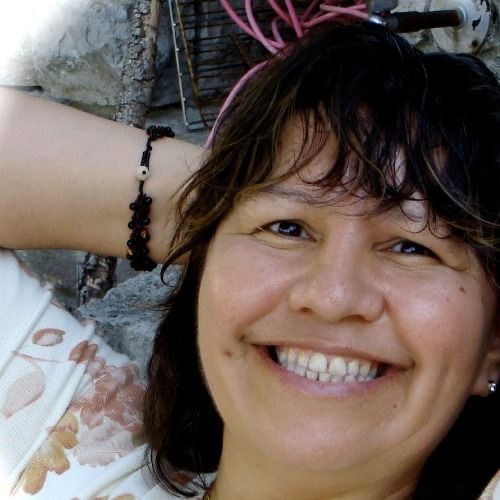Episode 20
The declaration of independence is foundational to human rights and continued training and knowledge sharing is essential with Indigenous Peoples with Dr. Elsa Stamatopoulou
Empathetic Witness is recorded on Algonquin unseeded territory land.
Show Notes April 9th, 2024, Empathetic fWitness interview with Dr. Elsa Stamatopoulou Human rights lawyer, Columbia university.
Dr. Elsa Stamatopoulou joined Columbia University in 2011 after a 31-year service at the United Nations with some 22 years dedicated to human rights, in addition to 8 years exclusively devoted to Indigenous Peoples’ rights. Indigenous issues and women’s rights were part of her portfolios and pro volunteer work since 1983. She became the first Chief of the Secretariat of the United Nations Permanent Forum on Indigenous Issues in 2003. She taught the first-ever course at Columbia on Indigenous Peoples’ rights (2011), the first course on cultural rights (2016) and is the first Director of the Indigenous Peoples Rights Program at the Institute for the Study of Human Rights. She co-founded and was co-chair of Columbia’s University Seminar on Indigenous Studies from its inception in 2014 to 2020.
Edited books: The Universal Declaration of Human Rights: 50 Years and Beyond (ed. with Y. Danieli and C. Diaz), 1998, Baywood Publishing Co. She oversaw the first edition of the UN publication State of the World’s Indigenous Peoples, New York, 2009. She has edited five volumes on Indigenous Peoples’ rights, the second four published by the Institute for the Study of Human Rights at Columbia University: Indigenous Peoples and Borders (co-editor with Sheryl Lightfoot), 2024, Duke University Press; Global Indigenous Youth: Through Their Eyes”, (co-editor with D. Angel and V. Carmen-Lopez), 2019; Walking and Learning with Indigenous Peoples : A Contribution to the 5th Anniversary of the International Summer Program on Indigenous Peoples’ Rights and Policy at Columbia University, 2018 (co-editor. with P. Calla); Indigenous Peoples’ Rights and Unreported Struggles
• Introduction, Elsa’s rich background, Indigenous participation historical overview
• Anti-racism anticolonialism
• Doctrine of discovery
• Cultural Heritage, Moral high ground
• Three pillars of the declaration of independence
• The word Indigenous
• UNDRIP international instrument for the recognition of cultural rights and self determination
• American Indian Movement (AIM)
• Truth & Reconciliation
• Accomplishment at the UN
• Legacy question
• Indigenous Woman of the Americas ( IWA)
• Significance of cultural dress
• Aveda beauty products cultural appropriation
•Chief to Chief negotiations.
• Actions moving forward
• Education, Training changing of hearts and minds
• Awareness of Indigenous issues at the UN Permanent forum
Thanks for listening. If you enjoyed this podcast, please like and subscribe.


